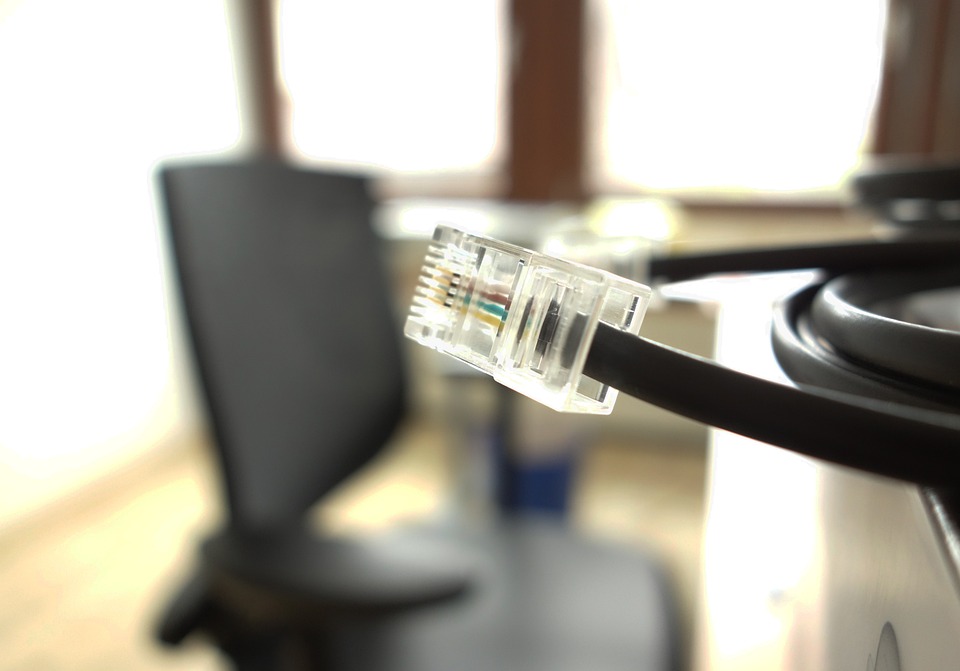In recent years, there has been a significant increase in the popularity of mental health apps that offer users a convenient and accessible way to access therapy and improve their mental well-being. These apps are changing the way therapy is delivered and making mental health resources more readily available to those who need them.
One of the main reasons for the rise of mental health apps is the increasing prevalence of mental health issues in today’s society. According to the World Health Organization, depression is the leading cause of disability worldwide, and anxiety disorders are among the most common mental health problems. Many people struggle to access traditional therapy due to cost, limited availability of providers, and the stigma associated with seeking help for mental health issues. Mental health apps provide a solution to these barriers by offering users a confidential and convenient way to access therapy from the comfort of their own home.
These apps offer a wide range of services and resources to help users manage their mental health. Some apps provide cognitive-behavioral therapy (CBT) exercises and techniques to help users identify and challenge negative thought patterns. Others offer mindfulness and relaxation exercises to help users reduce stress and anxiety. Many apps also offer mood tracking features that allow users to monitor their mental health over time and track progress towards their goals.
Additionally, mental health apps often provide users with access to licensed therapists and counselors through messaging, phone calls, or video sessions. This allows users to receive personalized support and guidance from a mental health professional without the need to schedule appointments or travel to a therapist’s office. This can be particularly beneficial for individuals who live in remote areas or have busy schedules that make it difficult to attend traditional therapy sessions.
One of the key advantages of mental health apps is their accessibility and affordability. Many mental health apps offer free or low-cost services, making therapy more affordable and accessible to a wider range of individuals. Additionally, these apps can be used anytime, anywhere, making them a convenient option for busy individuals who may not have the time to attend in-person therapy sessions.
Overall, the rise of mental health apps is a positive development for mental health care, as it addresses many of the barriers that prevent individuals from seeking help for their mental health issues. These apps offer a convenient and affordable way for individuals to access therapy and improve their mental well-being. As technology continues to advance, we can expect to see even more innovative and effective mental health apps that help individuals manage their mental health and live happier, healthier lives.




